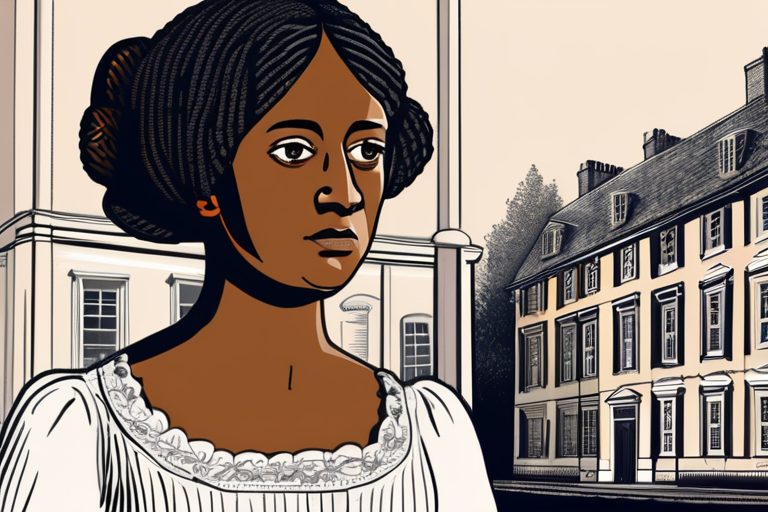Jane Austen's Silence on Slavery: A 250-Year-Old Enigma Persists


Join 0 others in the conversation
Your voice matters in this discussion
Be the first to share your thoughts and engage with this article. Your perspective matters!
Discover articles from our community

 Hoppi
Hoppi

 Hoppi
Hoppi

 Hoppi
Hoppi

 Hoppi
Hoppi

 Hoppi
Hoppi

 Hoppi
Hoppi

The Complex Tapestry of Autism: Unraveling the Mysteries of a Multifaceted Condition As I sat in the dimly lit room, …

Hoppi

Artificial Intelligence Platforms Powering Web3 Builds Gain Momentum In a bid to simplify the complex world of blockchain and smart …

Hoppi

Graeme SloanAP Get your news from a source thats not owned and controlled by oligarchs. Sign up for the free …

Hoppi

Breaking News: Chatbot Maker Allegedly Forces Mom to Arbitration for $100 Payout After Child's Trauma A shocking revelation emerged yesterday …

Hoppi

Apple Steps Up War of Words with European Regulators Cupertino, CA - In a recent statement, Apple escalated its verbal …

Hoppi

Watch: Captain Scotts famous polar shipwreck as never seen beforeWatch: Underwater footage shows the polar vessel colonised with sea lifeRebecca …

Hoppi